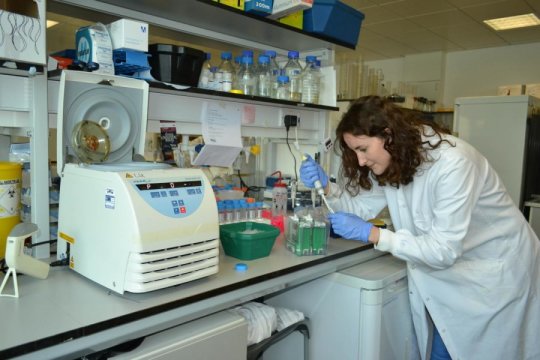Our immune system is working every day to protect us from bacteria, viruses, and parasites, but it can also detect when our own cells are damaged. Research led by Lancaster University has now discovered how skin cells alert the immune system, when their DNA is damaged in the absence of infection. This DNA damage can come from a variety of sources, such as the sun’s UV rays, chemical agents like cigarette smoke, or from genotoxic drugs used in chemotherapy. There have been few studies carried out on the immediate effects…
Read MoreAuthor: Tom Patriot
TESLA – Everything You Need to Know
The Ultimate Guide to CBD: Everything You Need to Know About the Miraculous Health Benefits of Cannabidiol
CBD for Health Concerns The ancient doctors and healers across the globe who prescribed cannabis thousands of years ago did so because they witnessed its medical benefits firsthand. In the last half century, modern science has begun to shed light on the biological processes behind the healing, where plant and animal chemistry work in concert. The body of research on cannabidiol, CBD oil benefits, THC, and other cannabinoids has grown exponentially in the past decade. The following brings together the latest scientific studies and stories from patients and doctors with advice…
Read MoreEmily Ratajkowski Claps Back at Instagram Trolls Who Body-Shamed Her Friend
While living her best life on vacation, Emily Ratajkowski posted a photo with her friend Caitlin King on the beach. The black and white Instagram showcases the two friends wearing Inamorata, the swimwear line Ratajkowski founded. But soon after sharing the photo, trolls began body-shaming EmRata’s friend in the comment section—and the model was having none of it. The gross comments ranged from shady, rude sentiments like “Instagram vs. reality” and “There are 2 types of women” to outright vicious responses like “This is what a big Mac looks like in…
Read MoreBrain stimulation improves depression symptoms, restores brain waves in clinical study
With a weak alternating electrical current sent through electrodes attached to the scalp, UNC School of Medicine researchers successfully targeted a naturally occurring electrical pattern in a specific part of the brain and markedly improved depression symptoms in about 70 percent of participants in a clinical study. The research, published in Translational Psychiatry, lays the groundwork for larger research studies to use a specific kind of electrical brain stimulation called transcranial alternating current stimulation (tACS) to treat people diagnosed with major depression. “We conducted a small study of 32 people because…
Read More



